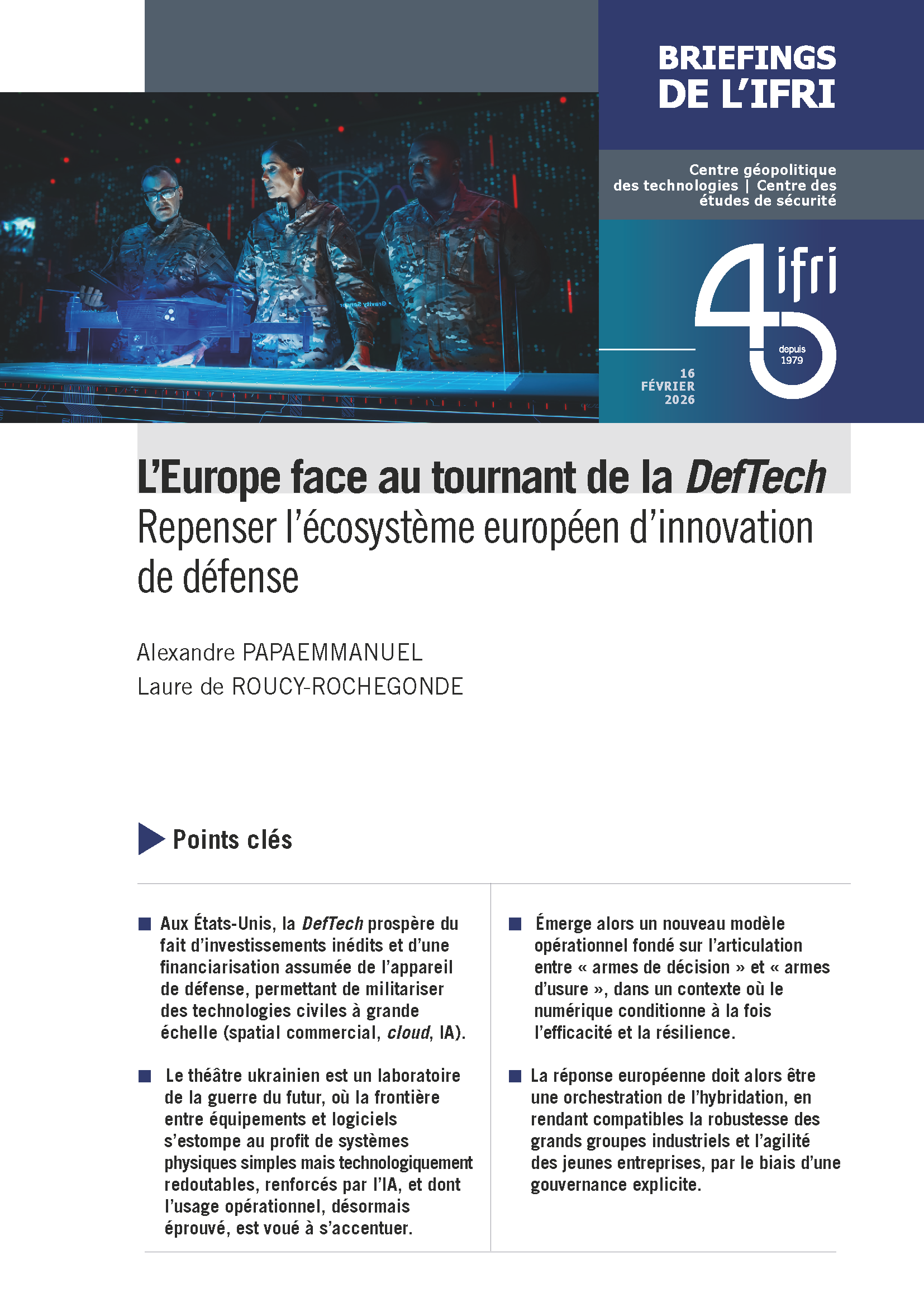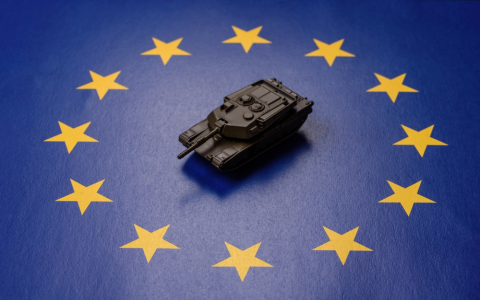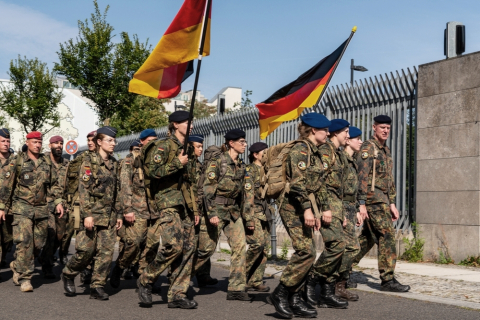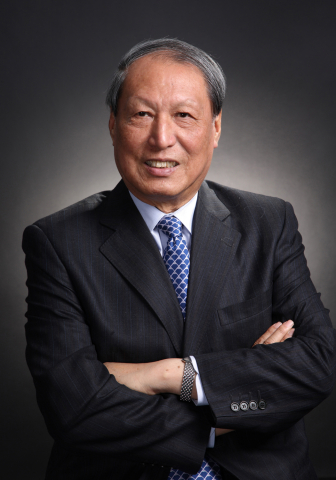
Informations pratiques
Centres et programmes liés
Ceci est un événement réservé.
En savoir plus sur nos programmes de soutienProf. Cheng Siwei is the Dean of School of Management, University of Chinese Academy of Sciences. He is a famous Chinese scholar in economic, financial and managerial fields as well as in chemical industry. He devotes himself in the reform and opening up of China for 30 years. He has proposed the approach of complexity science to study the economic reforms in China and put forward many valuable and influencing proposals to the top leaders of China, and implemented his thoughts in his work as the Vice Chairman, Standing Committee of National People"s Congress of China and the Chairman, Central Committee of China National Democratic Construction Association. He has initiated the school of fictitious economy and has a deep influence in China"s economic and financial circle. He has also promoted the venture capital business in China and built up high reputation in this field. He is also very active in international academic community and was invited to give keynote speeches in many countries and international forums.
Chair: Françoise Nicolas, Director, Center for Asian Studies, Ifri.
Intervenants
Autres événements

Chaînes d’approvisionnement des véhicules électriques au Japon et en Europe : quels défis ?
La sécurité économique vise à garantir la résilience des chaines approvisionnements des industries clés : le cas des productions de véhicules électriques au Japon et en Europe sera discuté.
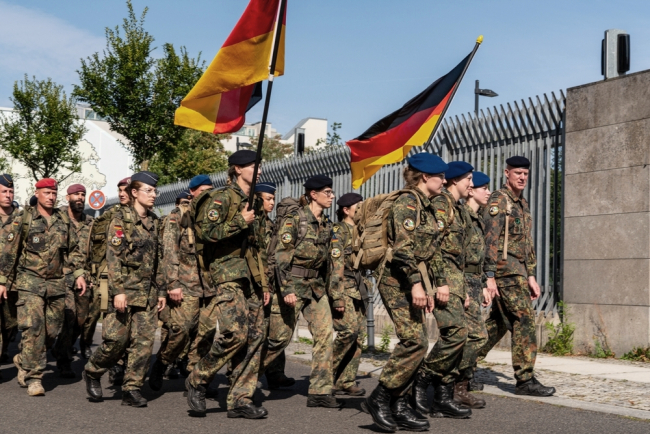
Quelle politique de défense en Allemagne ?
Face à la guerre en Ukraine et à l’instabilité géopolitique en Europe dans un cadre transatlantique perturbé, l’Allemagne a amorcé un tournant majeur dans sa politique de défense, avec une hausse significative des dépenses militaires, la modernisation de la Bundeswehr et le débat sur un éventuel retour du service militaire obligatoire.

Quel partenariat technologique avec l’Inde ?
Le 16ème Sommet UE-Inde, qui s’est tenu le 27 janvier à New Delhi en présence des dirigeants européens António Costa, Ursula von der Leyen, et du Premier ministre Narendra Modi, marque un tournant dans le renforcement des liens entre l'Union européenne et l'Inde. Parallèlement, les visites bilatérales se multiplient, à l’image de celle du Président français qui s’est rendu en Inde mi-février pour participer au Sommet sur l’Intelligence Artificielle.



